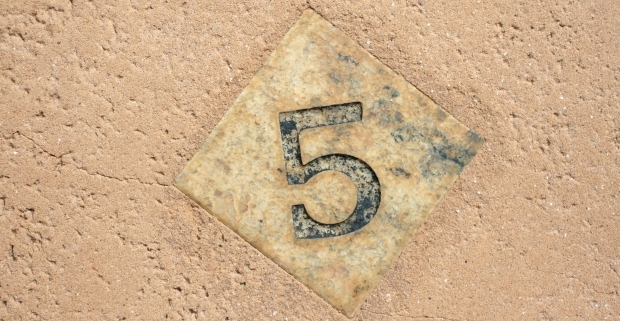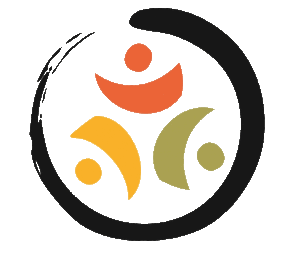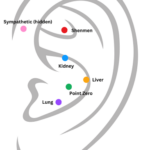5 More Things Acupuncture Could Help You With

Is there anything acupuncture can’t help? Well, in emergency situations, it’s probably best to head straight to your nearest hospital. But with so many musculoskeletal, internal, and dermatological applications, acupuncture is a highly versatile medicine.
In our last blog post, “5 Surprising Conditions Acupuncture Could Help With,” we dove into the potential benefits of acupuncture for migraines, Parkinson’s disease, respiratory issues, irritable bowel syndrome (IBS), and menstrual cramps — but did you know acupuncture can be helpful in the following conditions, too?
1. Urinary (stress) incontinence. Coughing, laughing, sneezing, and other physical activities can cause bladder leakage in people dealing with stress incontinence.
In a rigorous 2017 study of 500 women with stress incontinence, participants who received electroacupuncture experienced a decrease in bladder leakage, with two-thirds experiencing a 50 percent or more decrease in bladder leakage. Participants received acupuncture 18 times over 6 weeks — also proving that frequent treatments can change your life!
2.Osteoarthritis (OA). This type of arthritis develops when the cartilage that cushions the ends of bones wears down over time. Osteoarthritis (OA) can lead to pain, swelling, and limited joint movement, which can mildly or severely impact daily activities and wellbeing.
A 2018 review of 10 studies (2,413 participants) demonstrated acupuncture was more effective than no treatment for OA pain, and found the pain-relieving effect of acupuncture to be comparable to that of NSAIDs.
Book Your Next Appointment Today!
3. Sciatica. A common condition caused by pressure or damage of the sciatic nerve in the lower back, sciatica can result in pain, numbness, and tingling down the back and/or outside of the leg.
Two 2015 evaluations, totaling 23 studies and 2804 participants, concluded that acupuncture may be helpful for sciatica pain relief, though definitive conclusions require further studies.
4. Hot flashes associated with menopause. Alongside other vasomotor symptoms associated with menopause (the dreaded night sweats, for example), acupuncture was found to be more effective than no acupuncture at reducing the frequency and severity of hot flashes, in a 2018 review of 19 studies (including 1823 participants).
5. Fibromyalgia. With no specific test, fibromyalgia is often diagnosed based on a person’s medical history and symptoms. Common signs include pain and tenderness throughout the body, fatigue, sleep issues, and brain fog, though there are many more on the list. Fibromyalgia is most often treated through lifestyle changes, exercise, and medications.
In a 2019 review of 12 studies, with 824 participants, acupuncture proved significantly more effective than sham acupuncture in relieving pain associated with fibromyalgia.
Source: National Center for Complementary and Integrative Health https://www.nccih.nih.gov/health/acupuncture-effectiveness-and-safety




